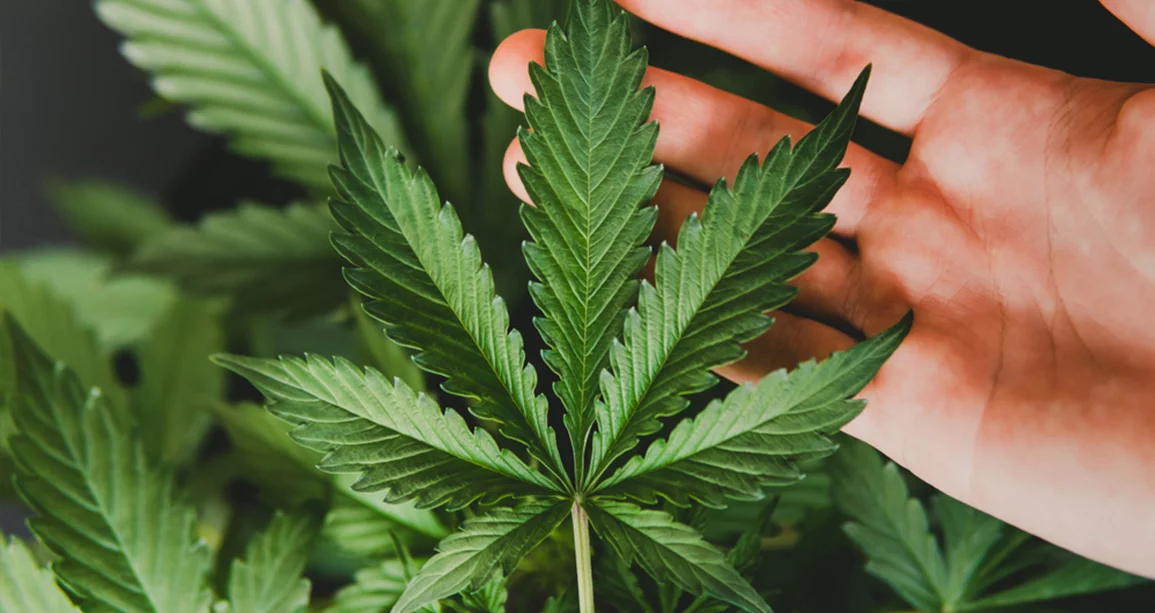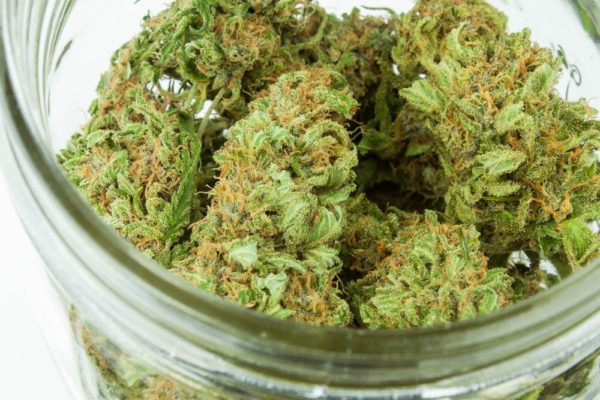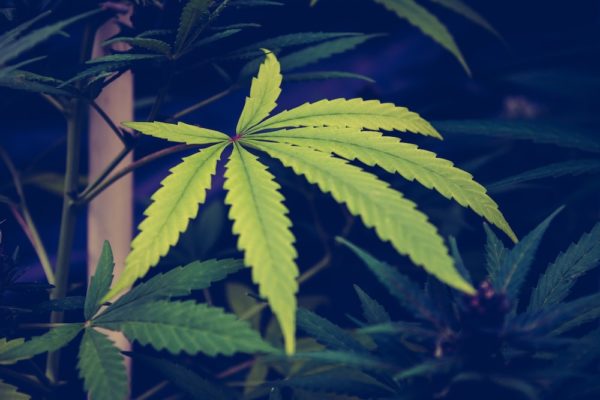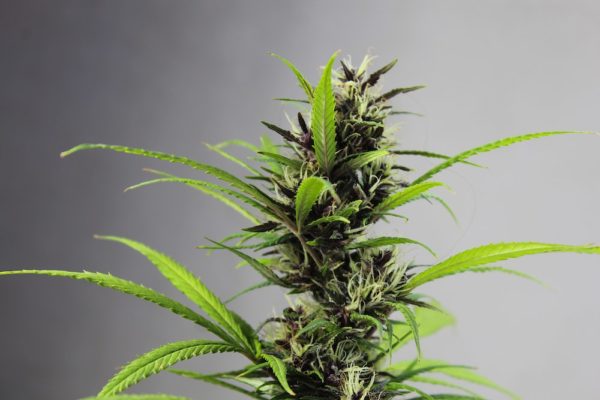Stay Educated by Kushfly
What is THC? Exploring the Cannabis’ Main Psychoactive Compound
Ah, THC–the very name is enough to get you in party mode. But before you join the smoke circle, let’s take a closer look at THC–the chemical compound that gives cannabis its mind-altering effects.
Yes, THC stands for tetrahydrocannabinol, cannabis’ most well-known psychoactive compound. And while it’s a key ingredient in enjoying a good ol’ weed high, there is more to it than that.
THC is also a pharmaceutically active ingredient with a range of therapeutic and medicinal benefits. In this blog post, we’ll explore the science behind THC, and why it’s one of the most talked-about substances in the world of psychedelics.
Our discussion of THC will have you feeling educated and informed in no time, so let’s get right to it!
What is THC?
Tetrahydrocannabinol, or THC for short, is the main psychoactive compound present in cannabis plants. It is responsible for the intoxicating effects of marijuana and its recognition as a recreational drug.
THC possesses an impressive list of medical benefits, including pain relief, appetite stimulation, anti-nausea properties, and more. In recent years, THC has become increasingly accepted among the general public, particularly with regards to its medicinal uses.
Analysis of THC’s chemical structure reveals it to be an organic molecule comprised of 21 carbon atoms, 29 hydrogen atoms, and 2 oxygen atoms known as a pentyl group which contains two phenolic hydroxyl groups at positions C3 and C4. This configuration gives THC a unique structure when compared to other cannabinoids present in the cannabis plant.
While THC has become closely associated with marijuana use and abuse, it should be noted that there are many other compounds found in cannabis plants that may aid in providing therapeutic effects – not all of which are psychoactive in nature.
What are the effects of THC?
THC, or tetrahydrocannabinol, is the chemical compound that’s responsible for producing psychological ‘high’ effects. When ingested, THC works by stimulating brain cells that produce dopamine and create a euphoric feeling. The effects from THC generally last about two hours, but impairment could continue after the high has worn off.
THC can be added to cannabis products such as edibles, oils, syrups, and lotions. This compound has been shown to have anti-inflammatory properties and is a common remedy for those suffering from pain or nausea. In small doses, it can also be given to animals to calm anxiety or relieve pain.
THC has long been used by those undergoing chemotherapy to prevent nausea and vomiting caused by cancer medications. It has also been shown to work as an appetite stimulant for those with AIDS.
Now that you know what THC is, maybe you’d like to learn about another cannabinoid called THCA. Check out our article to learn the differences between THC and THCA.
The history of THC in the U.S.
THC is the component that produces the high from cannabis. While cannabis has been used throughout the world for hundreds of years to treat dozens of ailments, with the passage of the Marijuana Tax Act in 1937 it suddenly became unavailable to neither the public nor the healing professions in the US.
At the same time, medical schools in the U.S. terminated the study of all plant-based medications in support of the study, promotion and use of artificial, lab-produced drugs. In 1974, the NIH gave a research team in the Medical College of Virginia financing to study THC so as to find signs that it damaged the resistance system.
While they neglected in there appointed mission, the team did find the startling fact that THC shrank tumors in there lab mice. The news quickly appeared publicly and FDA suddenly ordered the team to halt there search and confiscated the outcomes of there findings. In 1976, President Nixon signed a law banning research into the therapeutic advantages of most cannabinoids except by pharmaceutical companies.
Since that time, the only research done in the U.S. has been in trying to produce synthetic THC which has no psychotropic effects. In 1998, scientists in Complutense University School of Biology in Madrid, Spain undertook reports on mice so as to determine how THC made the task of killing cancer cells without also damaging other cells within the body.
How is CBD Different from THC?
Cannabidiol (CBD) is an essential cannabinoid that is derived from the cannabis sativa plant. While it shares a few similarities to the main psychoactive compound tetrahydrocannabinol (THC), it has distinct differences that make it unique among all of other cannabinoids. Proponents of CBD argue that it should not be classified in the same manner as THC, since it does not produce intoxicating effects like its psychoactive counterpart.
Unlike THC, CBD does not act as an intoxicant and has therapeutic benefits that can provide relief from pain, anxiety, insomnia and other issues without inducing feelings of euphoria or impairing cognitive abilities. Furthermore, many products containing CBD are available online or in retail stores without needing a medical prescription.
It is emerging as one of the most popular natural remedies for chronic pain due to its anti-inflammatory properties, but the studies conducted so far have been inconclusive.
On the other hand, there are skeptics who are wary of CBD’s potential health benefits because of its structural similarity to THC. They point out that while CBD may lack psychotropic effects, both compounds are derived from plants belonging to the Cannabis genus and have several chemical similarities.
As such, it could be argued that CBD shares a number of impacts on the brain similar to those produced by THC. Ultimately, more research is needed to fully understand the impact of cannabinoids like CBD on human health in order to properly assess their risks or rewards.
In conclusion, it is clear that there are major differences between THC and CBD despite their close relation structurally and physiologically. Moving forward, further studies must be conducted to uncover how these two cannabinoids interact with each other and what implications they hold for human health and wellbeing.
Kushfly Offers Amazing THC Products
Here at Kushfly, we offer top-notch THC products, including weed strains, edibles, concentrates, disposable vapes, and many more that you can consume any way you want. You can check out our online shop and discover great products now.
Now, it’s your turn. What is your favorite cannabis concentrate? Please share your ideas in the comment section below!




